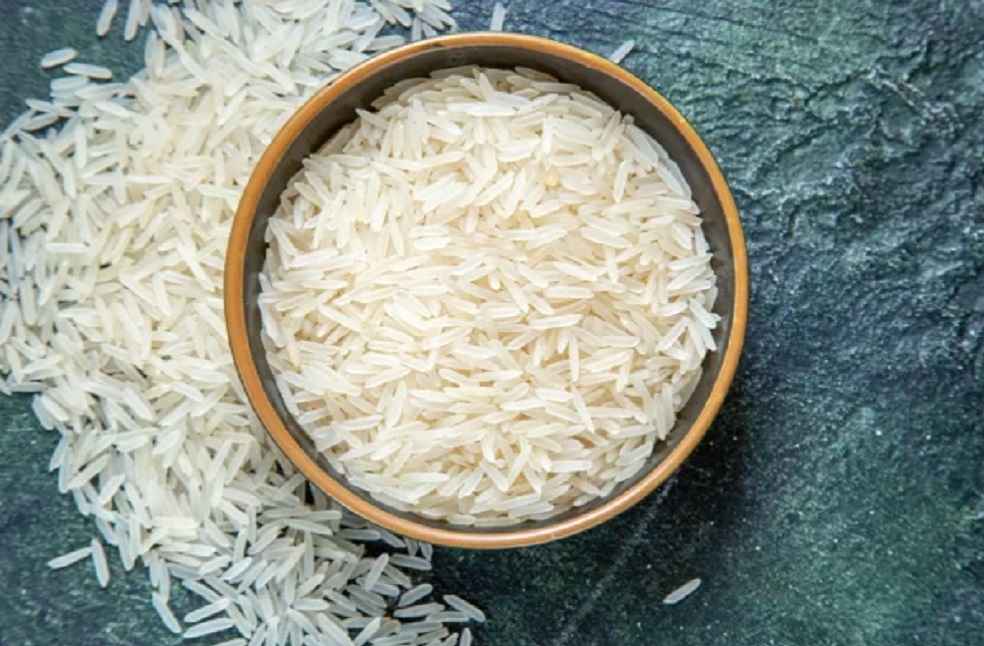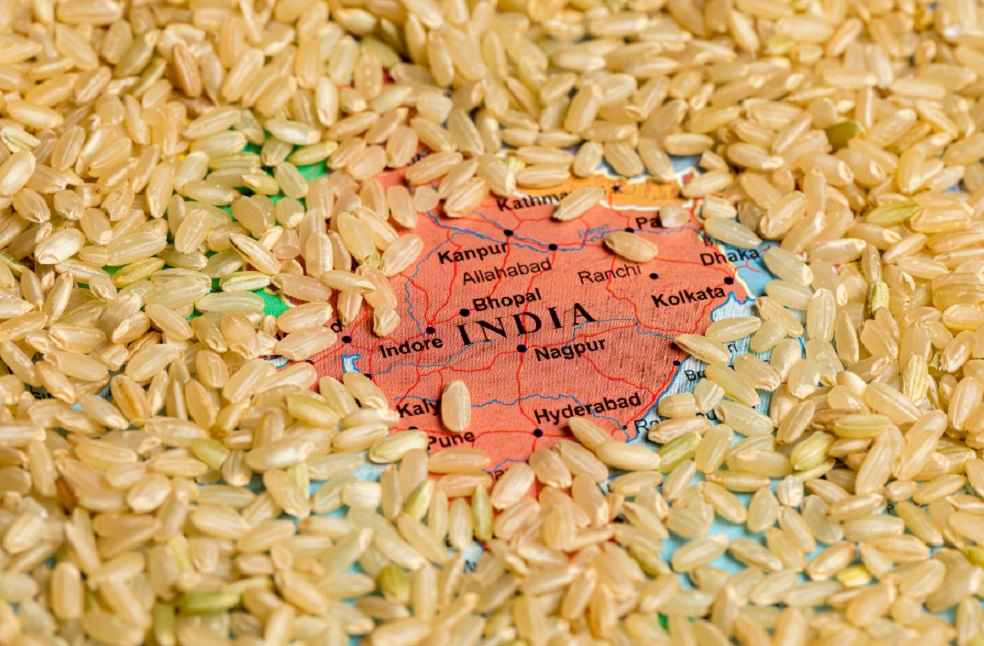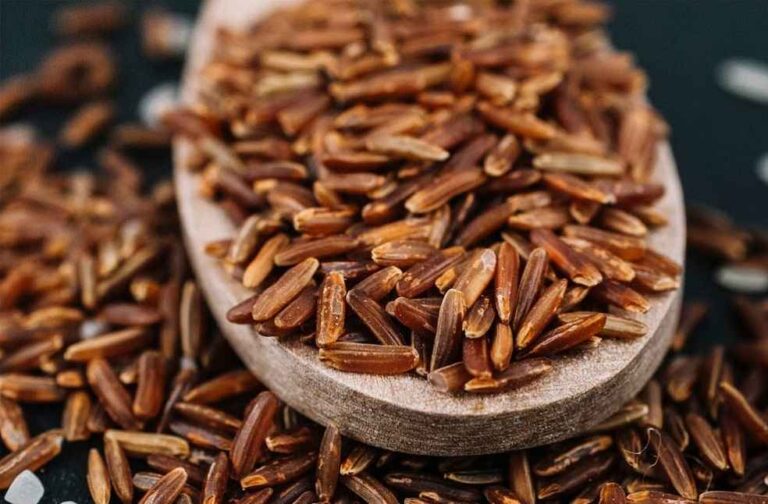The All India Rice Exports Association (ARIA) has strongly advocated for a critical reassessment of India’s current rice export policies, which are placing significant strain on the industry.
The newly elected governing body, led by ARIA President Satish Garg, convened in New Delhi, addressing the urgent issues of a high Minimum Export Price (MEP) for basmati rice and the ongoing prohibition on non-basmati rice exports.
The association unanimously resolved to engage the central government in seeking immediate changes to these policies, which are compromising India’s competitive position in the global rice market.

Ranjit Singh Jossan, a key voice for Punjab’s rice exporters, underscored the pressing need to lower the MEP for basmati rice, currently set at $950. “The central government set the MEP at USD 950 last year,” Jossan asserted.
“With a bumper basmati crop anticipated in Punjab, Haryana, and North India this season, it is crucial to reduce the MEP to USD 750,” Jossan added. This adjustment ensures fair returns for farmers and also align with the government’s broader goal of doubling farm incomes.
Jossan highlighted that a reduced MEP is essential for maintaining India’s standing in the global market, where competitive pricing remains critical amidst evolving international demand.

ARIA’s call for policy changes comes at a crucial juncture, as India’s rice export sector faces severe challenges due to stringent regulatory measures. The association’s determined effort to initiate discussions with the government emphasizes the necessity of prompt action to secure the future of India’s rice exports.
The outcome of ARIA’s initiative holds the potential to significantly influence India’s position in the international rice trade, impacting both the global market and the economic well-being of India’s agricultural community.
AEROSPACE AND DEFENCE | AUKUS Streamlines US-Australia Military Tech Trade with New Export Rules



